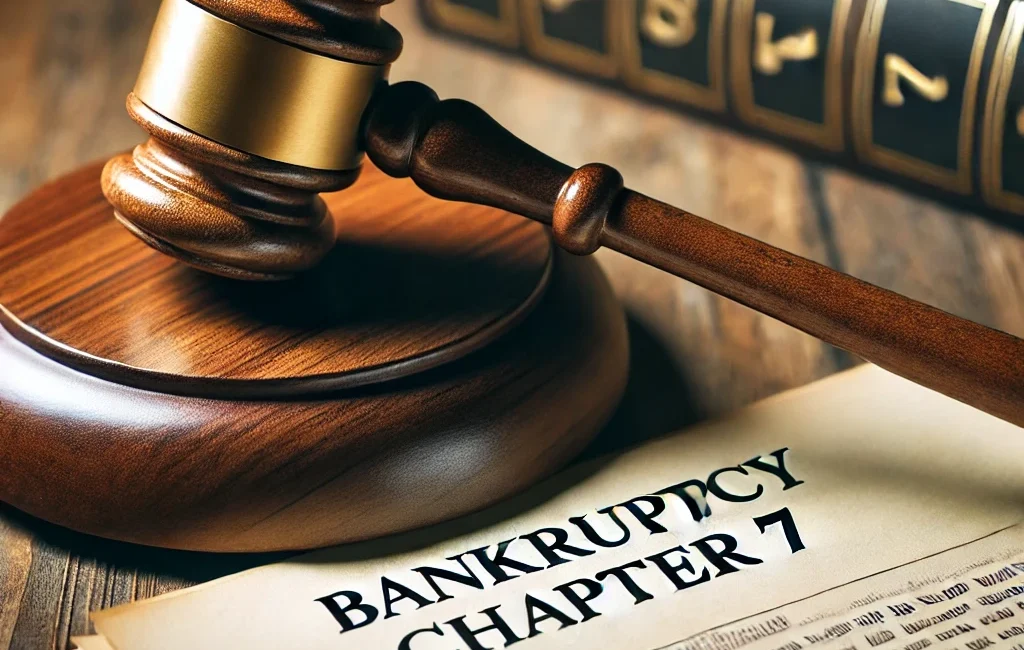If you’ve gone through a divorce or paternity case and were awarded alimony or child support, you may be wondering what happens if your ex-spouse or co-parent files for bankruptcy. Can they erase their financial obligations to you? How does the type of bankruptcy they file impact your support payments?
The short answer: Alimony and child support are protected under federal bankruptcy laws—but some critical distinctions depend on the type of bankruptcy filed.
Understanding Bankruptcy Types: Chapter 7 vs. Chapter 13
There are two primary types of personal bankruptcy: Chapter 7 and Chapter 13. Each impacts debts and obligations differently.
Chapter 7 Bankruptcy: Liquidation
What happens to debt?
- Eliminates unsecured debts like credit card bills, medical bills, and personal loans.
Who qualifies?
- Individuals must meet specific income and asset thresholds to file.
What assets are protected?
- Florida law exempts certain property from creditors, including:
- Up to $1,000 in personal property
- Homestead property (primary residence)
- One vehicle up to $5,000 in value
Chapter 13 Bankruptcy: Repayment Plan
Rather than eliminating debt, Chapter 13 allows individuals with regular income to restructure and repay debts over time—usually over 3 to 5 years.
- A court-approved repayment plan is created.
- A court-appointed trustee oversees payments.
- Assets are typically retained while debts are paid down.
Can Bankruptcy Discharge Alimony or Child Support?
The Bankruptcy Abuse Prevention and Consumer Protection Act (BAPCPA) was enacted to protect financial obligations in family law cases, including:
- Alimony
- Child support
- Certain property settlements
Under BAPCPA, these domestic support obligations CANNOT be discharged in any type of bankruptcy.
📷 Suggested Image: A mother and child, symbolizing child support obligations that remain intact despite bankruptcy filings.
What Is Considered a “Domestic Support Obligation”?
For bankruptcy purposes, a domestic support obligation is:
- Debt like alimony, maintenance, or support
- Owed to a spouse, former spouse, or child
- Originating from a separation agreement, divorce decree, or court order
If your ex files for bankruptcy, they cannot erase their child support or alimony payments. You do not need to take additional legal action to protect these payments in bankruptcy court.
What About Property Settlements?
- In Chapter 7 bankruptcy, marital property settlements cannot be discharged.
- In Chapter 13 bankruptcy, property settlement debts can be discharged—unlike alimony or child support.
If your ex-spouse files Chapter 13, it’s crucial to consult with an attorney experienced in family law and bankruptcy to understand your rights and options.
Bottom Line: Bankruptcy Won’t Wipe Out Alimony or Child Support
If your former spouse or co-parent files for bankruptcy, their domestic support obligations (alimony and child support) remain intact. However, property settlements may be affected, depending on the type of bankruptcy filed.
Navigating both family law and bankruptcy law requires expert legal guidance. If you’re facing this situation, contact Hoffman, Larin & Agnetti—our experienced family law attorneys can help protect your rights and ensure you receive the financial support you’re owed.






